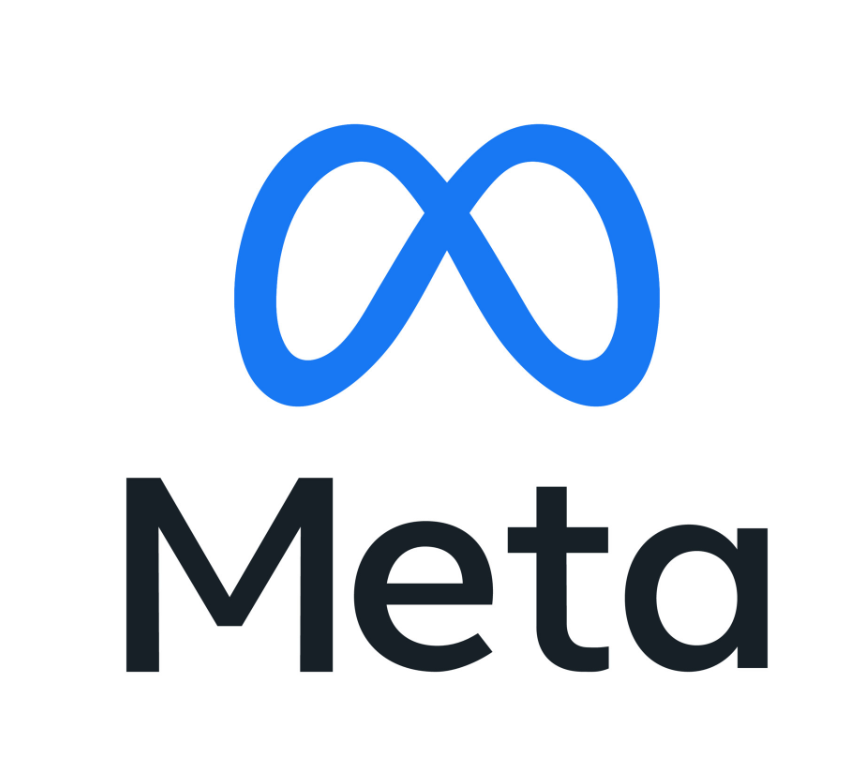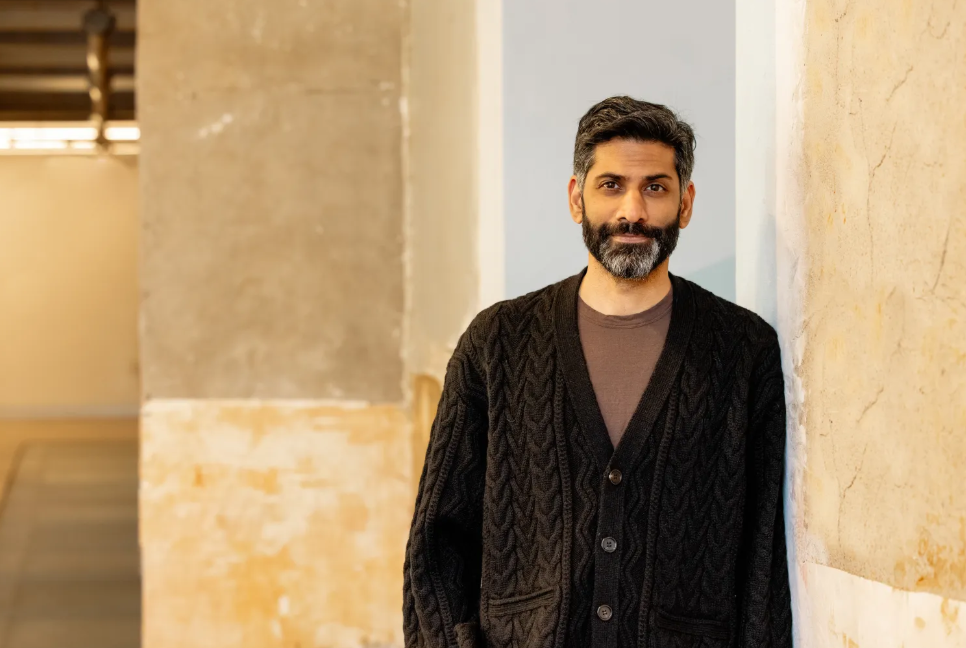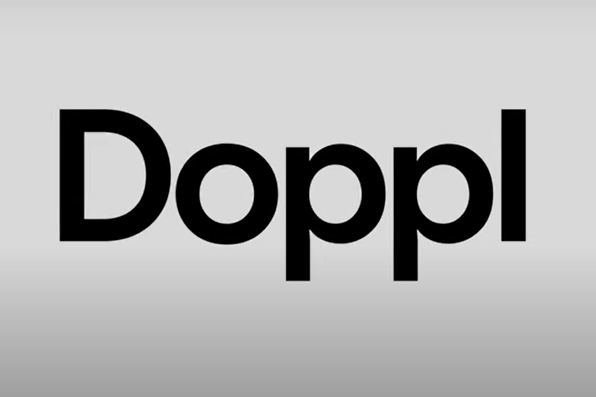Insider Brief:
- Mira Murati co-founded Thinking Machines Lab, an AI research and product company focused on making AI more accessible, customizable, and transparent.
- The company prioritizes open research and human-AI collaboration, aiming to bridge knowledge gaps by sharing technical work and enabling AI customization across industries.
- Thinking Machines Lab challenges proprietary AI models by promoting open-source development and advancing multimodal AI systems that process text, images, and audio.
- The startup joins a wave of AI ventures led by former OpenAI executives, positioning itself as a competitor to major tech companies while emphasizing AI safety, real-world impact, and responsible deployment.
PRESS RELEASE — According to a recent news release from the New York Times, Mira Murati, former Chief Technology Officer of OpenAI, has co-founded Thinking Machines Lab, a new artificial intelligence research and product company focused on making AI systems more accessible, customizable, and capable. The company is committed to addressing gaps in AI research, development, and usability by creating AI that is both transparent and adaptable.
Thinking Machines Lab Prioritizes Open AI Research, Human-AI Collaboration, and Customization
According to a recent post on the company’s official site, Thinking Machines Lab is committed to democratizing AI knowledge and tools. While AI capabilities have progressed rapidly, the company highlights that understanding of these systems remains limited to a small group of top research labs. This has restricted public discourse, effective AI usage, and opportunities for customization to fit diverse needs. The company intends to close these gaps by sharing its research openly and ensuring AI is adaptable to a wide range of applications.
Murati’s new venture also takes a distinct approach compared to OpenAI’s proprietary model strategy. Instead of focusing on autonomous AI, Thinking Machines Lab emphasizes human-AI collaboration and multimodal systems, which allow AI to process multiple forms of input—such as text, images, and audio—simultaneously for more natural interactions.
Thinking Machines Lab believes that scientific progress is a collective effort, stating in its blog that it will frequently publish technical research, code, and papers to advance AI understanding. This open approach contrasts with many leading AI labs that develop closed models.
The company brings together scientists and engineers who have previously contributed to major AI products, including ChatGPT, Character.ai, Mistral, PyTorch, and OpenAI Gym. This expertise suggests a strong foundation for building cutting-edge AI models.
Unlike many existing AI models that excel in narrow domains such as programming and mathematics, Thinking Machines Lab aims to create AI that can assist across a broader range of expertise and industries. According to its blog, the company is focused on developing “more flexible, adaptable, and personalized AI systems” to help professionals in diverse fields—from science and engineering to creative work and decision-making.
The company also prioritizes infrastructure quality, ensuring its AI models are efficient, reliable, and secure for long-term development rather than taking shortcuts in training and deployment.
Thinking Machines Lab Joins a Wave of AI Startups Challenging Industry Giants with Open Research and Safety Focus
Murati’s new venture joins a growing number of AI startups founded by former OpenAI executives. Other former leaders, including Ilya Sutskever, have also launched their own AI research initiatives. These startups are emerging as competitors to major tech companies such as Google, Meta, and Microsoft, which continue to invest heavily in AI development.
Though Thinking Machines Lab has not disclosed its funding status, its focus on open-source AI and research transparency could attract interest from companies and researchers looking for alternatives to proprietary AI models.
AI safety is a major focus of the company’s mission. The blog emphasizes an empirical and iterative approach, combining real-world testing with strict safeguards against misuse. The company plans to share best practices for safe AI development and contribute to AI alignment research by making code, datasets, and model specifications available to external researchers.
Additionally, Thinking Machines Lab is shifting AI evaluation beyond traditional performance metrics. As the company states, “The most important breakthroughs often come from rethinking our objectives, not just optimizing existing metrics.” This suggests a focus on measuring AI’s genuine value in real-world applications rather than solely improving benchmarks.
Murati’s departure from OpenAI and her decision to launch an independent AI research lab marks another shift in the industry, as former OpenAI leaders seek to redefine the future of artificial intelligence on their own terms.






